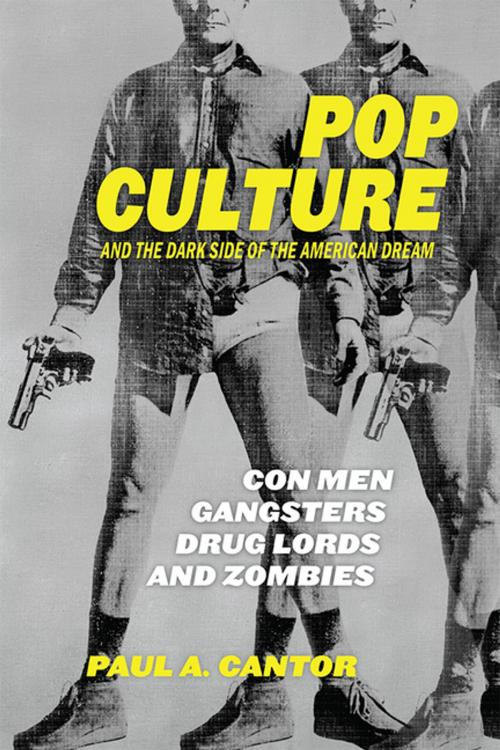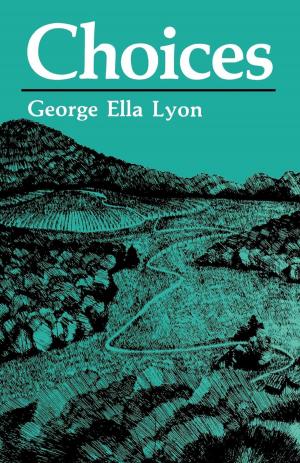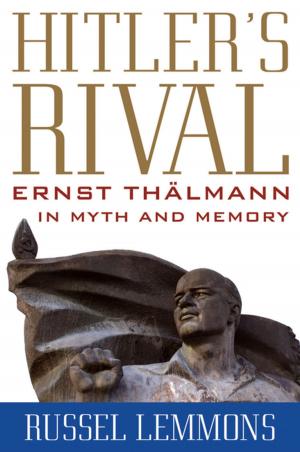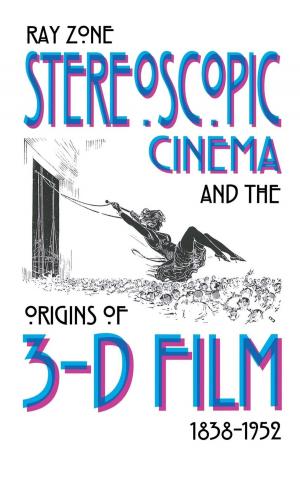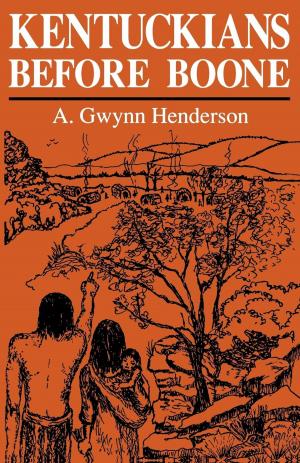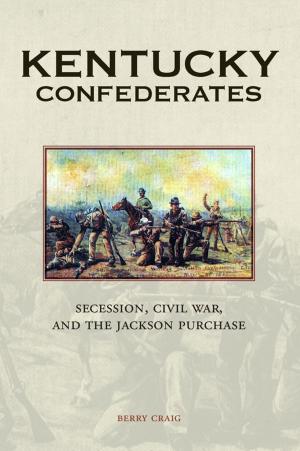Pop Culture and the Dark Side of the American Dream
Con Men, Gangsters, Drug Lords, and Zombies
Fiction & Literature, Literary Theory & Criticism, American, Nonfiction, Social & Cultural Studies, Social Science, Cultural Studies, Popular Culture| Author: | Paul A. Cantor | ISBN: | 9780813177335 |
| Publisher: | The University Press of Kentucky | Publication: | April 1, 2019 |
| Imprint: | The University Press of Kentucky | Language: | English |
| Author: | Paul A. Cantor |
| ISBN: | 9780813177335 |
| Publisher: | The University Press of Kentucky |
| Publication: | April 1, 2019 |
| Imprint: | The University Press of Kentucky |
| Language: | English |
The many con men, gangsters, and drug lords portrayed in popular culture are examples of the dark side of the American dream. Viewers are fascinated by these twisted versions of heroic American archetypes, like the self-made man and the entrepreneur. Applying the critical skills he developed as a Shakespeare scholar, Paul A. Cantor finds new depth in familiar landmarks of popular culture. He invokes Shakespearean models to show that the concept of the tragic hero can help us understand why we are both repelled by and drawn to figures such as Vito and Michael Corleone or Walter White.
Beginning with Huckleberry Finn and ending with The Walking Dead, Cantor also uncovers the link between the American dream and frontier life. In imaginative variants of a Wild West setting, popular culture has served up disturbing -- and yet strangely compelling -- images of what happens when people move beyond the borders of law and order. Cantor demonstrates that, at its best, popular culture raises thoughtful questions about the validity and viability of the American dream, thus deepening our understanding of America itself.
The many con men, gangsters, and drug lords portrayed in popular culture are examples of the dark side of the American dream. Viewers are fascinated by these twisted versions of heroic American archetypes, like the self-made man and the entrepreneur. Applying the critical skills he developed as a Shakespeare scholar, Paul A. Cantor finds new depth in familiar landmarks of popular culture. He invokes Shakespearean models to show that the concept of the tragic hero can help us understand why we are both repelled by and drawn to figures such as Vito and Michael Corleone or Walter White.
Beginning with Huckleberry Finn and ending with The Walking Dead, Cantor also uncovers the link between the American dream and frontier life. In imaginative variants of a Wild West setting, popular culture has served up disturbing -- and yet strangely compelling -- images of what happens when people move beyond the borders of law and order. Cantor demonstrates that, at its best, popular culture raises thoughtful questions about the validity and viability of the American dream, thus deepening our understanding of America itself.
